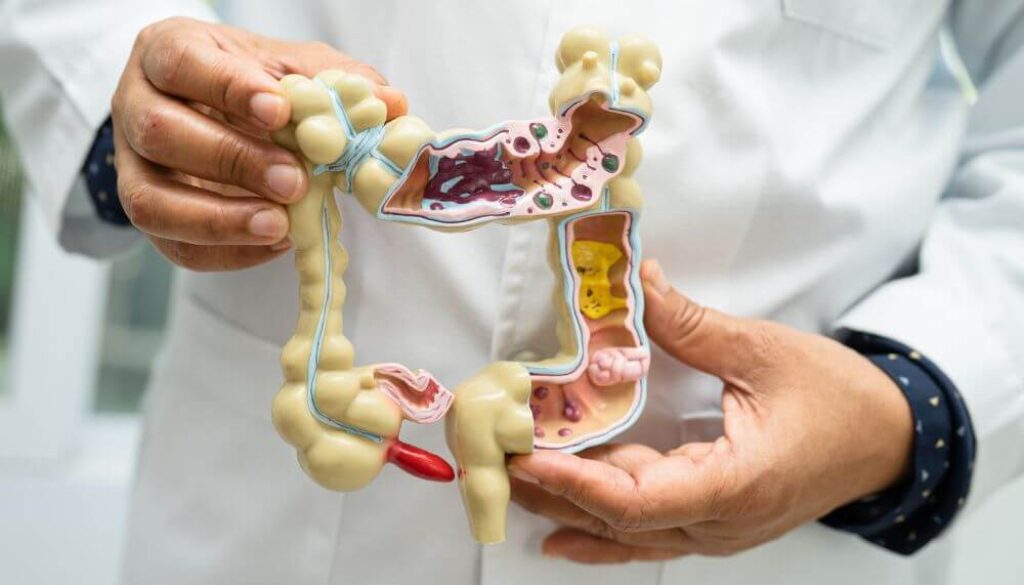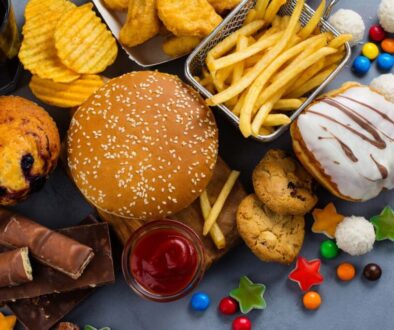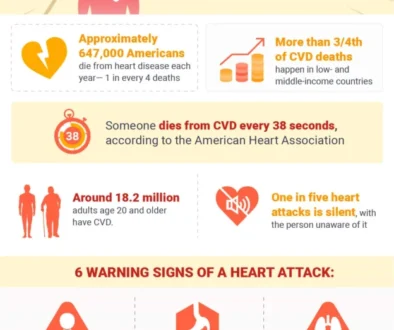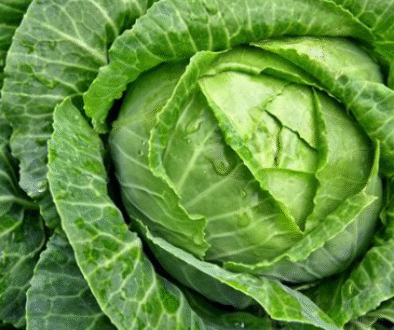Eat Your Way to a Healthy Gut and Happy Mind!
By: Aparna Mele, MD
If you have ever felt butterflies in your stomach when you are emotionally triggered, then you have officially experienced the gut-brain connection; that is, your brain talking to your gut during psychological stress. Well, did you know that the reverse is also true and that the gut talks to the brain too?
This is because our guts have their own network of nerves made up of 100 million nerve cells that line the tract, called the enteric nervous system (ENS) and often referred to as our “second brain.” Not only does research suggest that the ENS may induce emotional changes in people dealing with digestive discomfort, it has also found that the gut can produce the same neurotransmitters found in the brain, such as serotonin. Well-known for stabilizing mood and promoting feelings of happiness, about 95% of serotonin is generated in the gut.
Mediating this connection is our gut microbiome, a complex ecosystem of bacteria living in our gastrointestinal tract that perform many important roles in promoting normal gastrointestinal function, regulating metabolism, and comprising 75% of our immune systems. These microbes are a key player in the gut-brain axis. Gut bacteria produce hundreds of neurochemicals that the brain uses to regulate basic physiological processes as well as mental processes such as learning, memory and mood. In one striking studi published in Gastroenterology, Bercik and colleagues gave BALB/c mice, a strain of mice that are typically timid and shy, a cocktail of antibiotics, dramatically changing the composition of their gut bacteria and found that their behavior changed profoundly, making them bold and adventurous. The antibiotic treatment also boosted levels of brain-derived neurotrophic factor (BDNF) in the hippocampus. This neurochemical promotes neural connections and is an important factor in memory and mood. When the antibiotic regimen was stopped, the animals soon reverted to their usual, cautious selves, and their brain biochemistry also returned to normal. In a follow-up human study conducted at UCLA looking at healthy women, researchers found that women who regularly consumed beneficial bacteria known as probiotics through yogurt showed altered brain function, and that probiotics may dampen signals that come from the gut and go to the brain during periods of fear or anxiety. The people in the probiotic group showed a muted response in brain areas involved in processing and sensation, while in contrast, people who didn’t eat any yogurt had more activity in the sensory and emotional regions of the brain. These studies tell us that our gut microbiome impacts structural connections in our brain and the way that it responds to external stimuli.
So maintaining a healthy gut promotes a happier brain and one important way to keep our gut bugs thriving is to look at what we eat.
Diet is a major player in determining which microbes take up residence in our guts long-term. A “healthy” gut microbiome overall is generally one that contains a diverse mix of bacteria and the diversity of the microbiota is related to the diversity of the diet. Studies have repeatedly shown that those who eat a wide variety of foods display a more varied gut microbiota than adults who follow a distinct dietary pattern. Eating a variety of probiotic and prebiotic foods is ideal. Probiotics are foods with beneficial microorganisms while prebiotics are fibers found in plant foods, acting as fuel and food for our gut bacteria and helping them thrive. It has also been shown that the more different plant types a person eats, the higher the microbial diversity of the gut. Drinking enough water is also important for optimal gut health as it impacts both digestion and the elimination of waste.
Feeding our guts well will lead to our mental and emotional wellness. So what’s the lifestyle message for each of us? Create and follow a healthy eating plan with a mix of fruits, veggies, whole grains, protein foods, and low-fat dairy. Minimize intake of added sugars, cholesterol, sodium, and saturated fat. Eat low-fat proteins such as beans, eggs, fish, lean meats, nuts, and poultry. Eat a rainbow of fruits and vegetables that fill half your plate and choose fruits and vegetables with vibrant colors that are packed with fiber, minerals, and vitamins. Drink hydrating fluids all day!
Happy gut, happy life!



